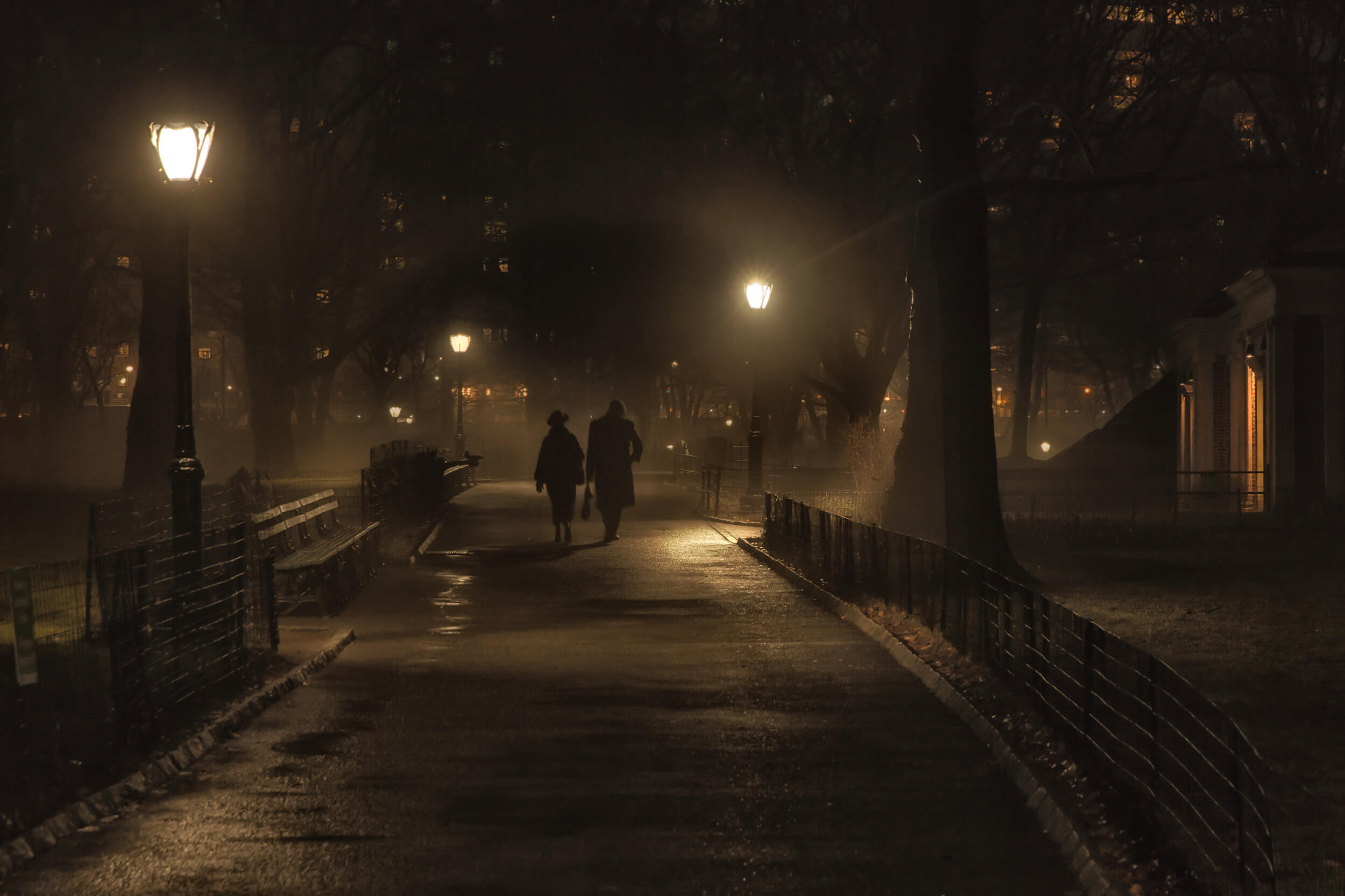Are Late Nights Quietly Draining You? Some nights, it’s just easier to stay up—whether you’re finishing work, watching one more episode, or scrolling without thinking. It feels harmless at the time. But over the weeks, those late nights start to leave a mark.
You might feel more tired during the day, more distracted, or even just off in a way you can’t explain. That’s because your body and brain aren’t built to run on delayed sleep.
Too many people shrug it off as just “being a night owl,” but the negative effects of late nights go deeper than people think. They can mess with your mood, slow down your thinking, and even weaken your immune system.
This article breaks down what really happens when staying up too late becomes a habit. If you’ve been feeling low-energy, foggy, or not quite like yourself lately, your sleep schedule might be playing a bigger role than you think.
How Late Nights Disrupt the Body’s Natural Rhythm
Your body runs on a built-in schedule that tells it when to rest, eat, and stay alert. This schedule—called your sleep-wake rhythm—works best when you sleep at night and stay active during the day.
Shifting that rhythm by staying up too late throws everything off. Your brain stops making enough melatonin, the hormone that helps you wind down. As a result, you feel wide awake when you should be getting sleepy.
After a while, your body forgets when it’s supposed to recharge. Deep sleep gets shorter, your hormones fall out of sync, and you wake up feeling like you barely rested.
Even if you get the same number of hours, sleeping at the wrong time changes how your body heals, thinks, and feels. One of the most common negative effects of late nights is that your body just doesn’t work the way it should anymore.
1. Hormonal Imbalance That Affects Weight and Appetite
Late nights don’t just mess with your sleep—they can mess with your hunger, too. The less you sleep, the more your hormones start working against you.
Your body makes more ghrelin, which makes you feel hungrier. At the same time, it makes less leptin, the hormone that tells you when you’re full. That mix makes it way easier to snack at night or eat more than you usually do.
On top of that, your stress hormone—cortisol—goes up. Higher cortisol levels can tell your body to hold onto fat, especially around your stomach. Even if you’re eating the same foods, you might notice the scale creeping up.
If staying up too late becomes a regular thing, your body might also stop handling sugar the right way. That’s called insulin resistance, and it’s one of the early signs linked to problems like type 2 diabetes.
One of the biggest negative effects of late nights is how it can quietly change your appetite, cravings, and weight—even if you don’t realize it’s happening. Fixing your sleep might actually help fix some of those food struggles, too.
2. Weakens Your Immune System Over Time
Getting sick more often than usual? Struggling to bounce back from a cold? Late nights could be making it harder for your body to fight back.
While you sleep, your body creates special proteins that help protect you from illness. These proteins—called cytokines—help your immune system respond to infections and calm inflammation. But when you stay up too late or don’t sleep long enough, your body doesn’t make enough of them.
That means your defense system gets weaker. You’re more likely to catch a cold, feel run-down, or stay sick longer than normal. Cuts and injuries may also take more time to heal.
Over time, the damage adds up. Poor sleep has been linked to more inflammation in the body, which is tied to long-term problems like heart disease, diabetes, and even some types of cancer.
One of the lesser-known negative effects of late nights is how much they can chip away at your immune system, little by little. You may not notice it right away, but your body feels it—and it gets harder to keep up.
Getting enough rest isn’t just for energy. It’s how your body stays strong, fights off germs, and stays healthy longer.
3. Mental Fog and Memory Problems Get Worse
Ever feel like your brain’s just not working right after a late night? That foggy, out-of-it feeling isn’t just being tired—it’s your brain slowing down.
When you sleep, your brain gets a chance to sort things out. It clears waste, stores memories, and resets so you can think clearly the next day. Staying up late messes with all of that.
Without enough good sleep at the right time, you might notice:
- It takes longer to react to things
- You forget stuff more often
- Simple tasks feel harder
- You make more mistakes than usual
Even one rough night can throw you off the next day. But when late nights happen often, the brain starts falling behind. This can affect how you do at work or school, how well you drive, or how you handle stress.
And the tricky part? You might not realize it’s happening. A tired brain has a harder time noticing its own mistakes.
The negative effects of late nights aren’t always easy to spot right away, but they build up fast—especially when it comes to focus and memory. Getting your sleep on track could be one of the simplest ways to feel sharper and more in control.
4. Increased Mood Swings and Anxiety Symptoms
Some days, everything feels harder—and your sleep habits might be a big part of why. Staying up too late again and again can mess with how you handle stress and emotions.
Your brain needs steady rest to stay calm and think clearly. Without it, small problems can feel like too much. You might:
- Snap at people more easily
- Feel anxious without knowing why
- Lose interest in things you usually enjoy
- Feel stuck in a low or dull mood
Late nights change how your brain works, especially in the areas that deal with emotions. One part becomes extra sensitive, while the other—the one that helps you stay in control—starts to slow down.
That mix makes it harder to feel steady, even on normal days. And if you’re already dealing with stress, it can push you further into anxiety or depression.
Even if you fix your sleep later, the emotional effects can stick around longer than expected. One of the negative effects of late nights that people don’t always talk about is how much it can wear down your mood over time.
Getting to bed earlier might be one of the best ways to feel better emotionally—without needing anything else.
5. Makes Your Skin Look Tired and Speeds Up Aging
Waking up with tired-looking skin after staying up late? That’s not just in your head—your skin really does take a hit when you miss sleep.
While you rest, your body goes into repair mode. It builds collagen, fixes skin damage, and helps your skin stay smooth and firm. But when sleep is cut short or happens too late, that repair work doesn’t get done right.
Over time, you might notice:
- Dark circles under your eyes
- Puffy or uneven skin tone
- More fine lines and early wrinkles
- Skin that looks dull or feels dry
Staying up late over and over also raises inflammation in the body. That breaks down the proteins your skin needs to stay strong, which leads to faster aging.
Inside your body, poor sleep can even affect your cells. It’s been linked to shorter telomeres, which are like little caps that protect your DNA. Shorter telomeres are tied to faster aging—not just on your face, but throughout your body.
One of the negative effects of late nights most people don’t think about is how it shows up in the mirror. Getting better sleep can help your skin look healthier—and help you feel fresher too.
Final Thoughts: Why Sleeping Earlier Matters More Than You Think
Staying up late might feel like no big deal, but it adds up. Over time, your body starts showing signs—more stress, weaker focus, tired skin, low energy. All of these can be part of the negative effects of late nights, even if you don’t notice them right away.
Changing your sleep habits doesn’t have to be hard. Small changes, like cutting screen time before bed or going to sleep 30 minutes earlier, can help your body get back on track.
Most people don’t realize how much better they could feel until they start getting regular rest. More energy, better mood, fewer cravings—it all starts to return once sleep improves.
So if your nights keep running late, it might be time to shift your schedule. Better sleep doesn’t fix everything, but it can be one of the easiest ways to start feeling better again.















